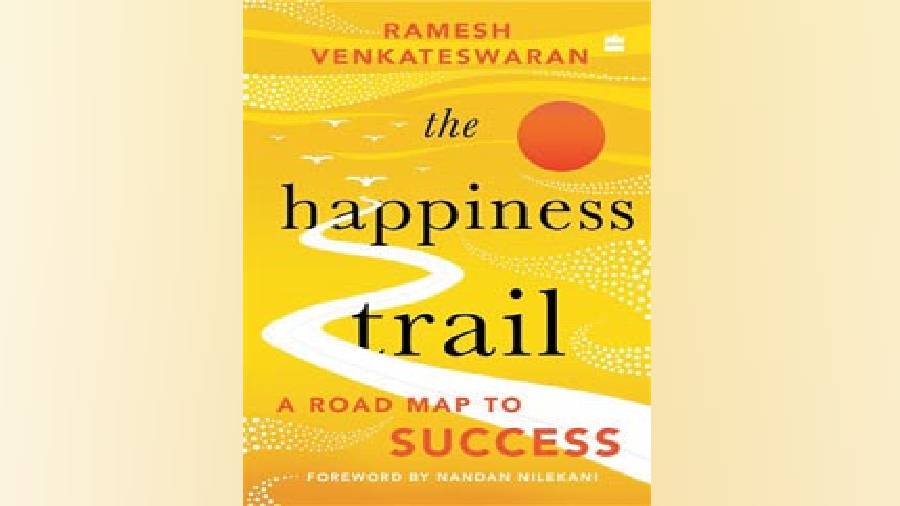We are living in a very fast-moving and highly competitive world. The last two years have probably disrupted our lives like never before. The pandemic has changed just about every aspect of our lives — professional, personal, social and public. More importantly, it has brought about a sense of uncertainty and exposed our vulnerabilities despite all the technological progresses we have made. Levels of stress, fear, anxiety across all categories of people have gone up substantially.
Under these circumstances it is very important for each one of us to take stock of our situations and find ways and means of remaining in control of ourselves given the uncertainties. This is even more relevant as we understand the multiple roles we play — as individuals, as professionals, as parents, as children, and so on. It is thus essential to understand what is within our control to deal with these uncertainties.
It would be par for the course to hear various pieces of advice in times like this — stay positive, meditate, go for walks, exercise regularly, don’t worry things will get better and so on. While all of these will help to some extent I think this is as good a time as any other to take a look at what will help us achieve some of these prescriptions. While almost all of us have gone through and are going through difficult times, I find that in the Indian context, women specifically are affected significantly by the events of the last two years. The Indian woman has to constantly do a delicate balancing act as a spouse, a mother, a daughter or daughter-in-law, a working professional and this has taken its toll on many women. She has been under siege at home playing these multiple roles on an almost 24 x7 basis and that is certainly not easy.

Having recently written a guide or roadmap to success, my single-most important recommendation for the coming days of uncertainty would be to take care of yourself. In the pressure to manage many different roles and responsibilities one often does not spend enough time to ensure one’s own physical, emotional and mental well-being. There would be many reasons, the most common being lack of time and a sense of guilt. The reason to look after yourself is actually quite obvious — you cannot do good if you do not feel good or are not good.
Let me pull out a few I’s from my road map to take care of oneself.
Interact: I have always believed that money can buy physical comforts and pleasure but cannot buy happiness. The people around you can help you be happy. Spend time with people who are positive, supportive, appreciative and helpful. The quality of good relationships is far more important than quantity. Time spent must be devoted to one-on-one interactions in person and not through the social media, which is the flavour of the day.
Involve: Take time off on a hobby or a passion that takes your mind off the daily pressures and chores. This is equivalent to meditation in many ways. It is understandable when people say they just do not have the time or the energy for such indulgences and they are often right. I would suggest one looks at these activities as part of therapy to recharge and rejuvenate oneself so that you have the energy to do your other work effectively. This will not happen easily and would need determination, resolve and planning to make it happen.
Imbibe: These are good times to spend on personal development and growth — learn. The rapidly changing world is making huge demands on each one of us on our knowledge and skills. Keeping up with the changing world is not an option any longer but a necessity. Access to knowledge and information has become almost free and available at our fingertips on our phones and laptops. Given that today many of us have a lot of time and flexibility at our disposal, we have no excuse not to keep learning to stay relevant and also to recharge ourselves.
Impact: Finally, if we are amongst the fortunate minority where we do not have to worry much about our roti, kapda and makaan, this is the right time to go beyond ourselves and contribute to making life better for others not as fortunate as we are. There are many ways to contribute — the easiest being by giving money. In my experience the best way to contribute and make an impact is by giving your time — that shows a true commitment to making an impact by giving a precious asset, time.
There is certainly no one-size-fits-all solution to coping with the uncertainties and anxieties of the world we live in. I have found that the above framework essentially helps us look at how we can come to terms with ourselves and feel better so that we can be effective in our daily lives .
Ramesh Venkateswaran is the author of Happiness Trail: The Roadmap To Success (HarperCollins India) and can be reached @Rameshvenkat20@gmail.com
